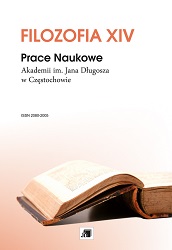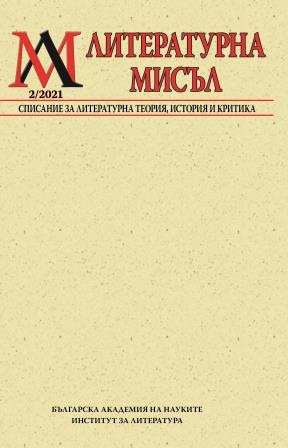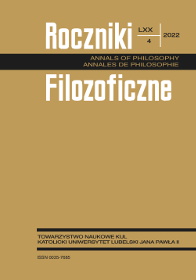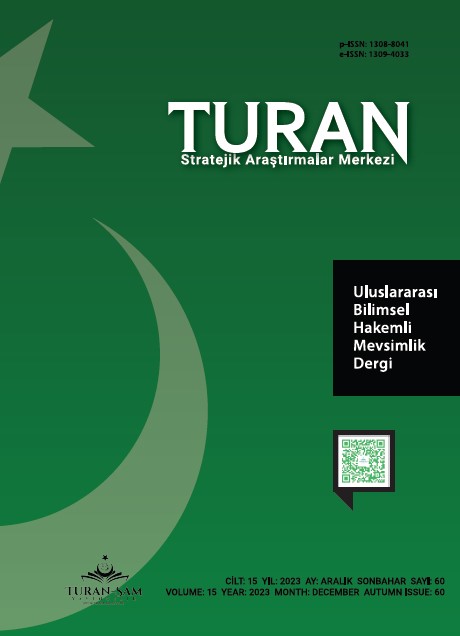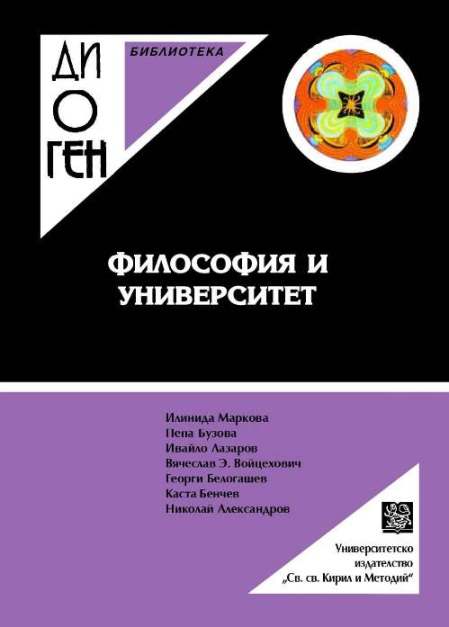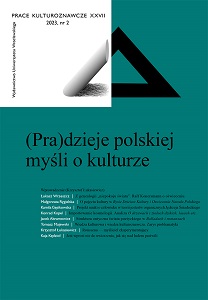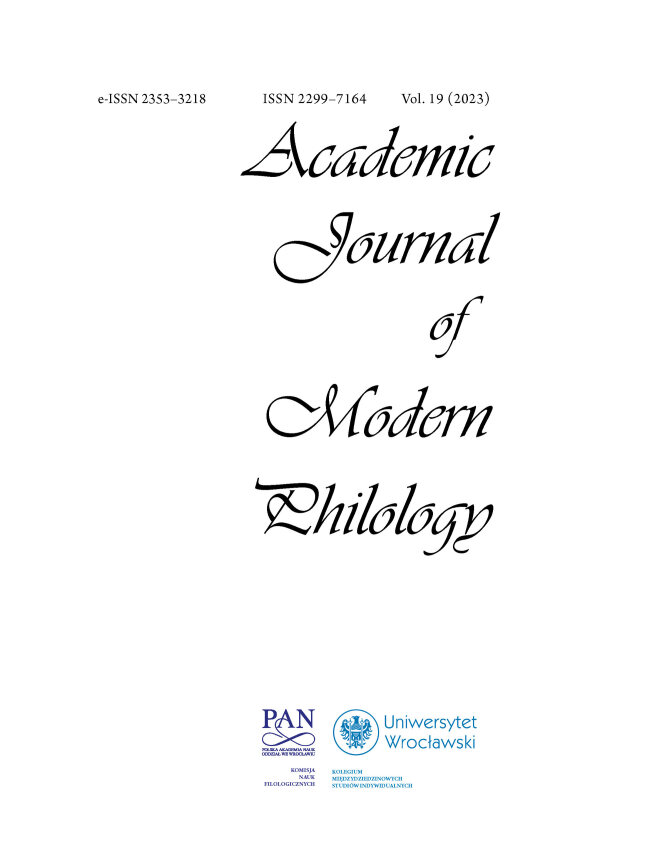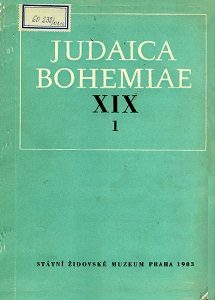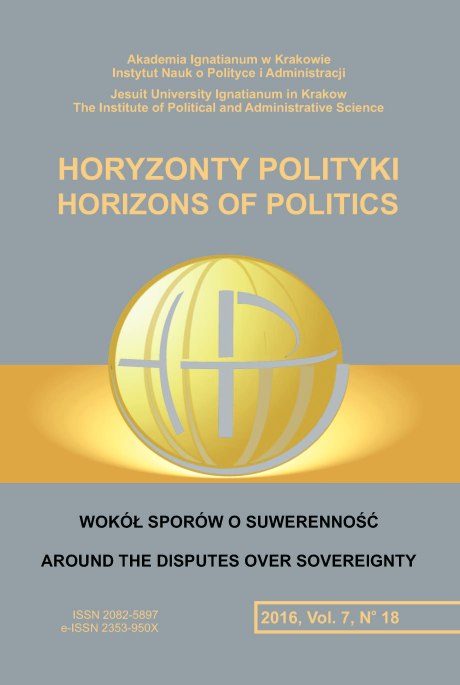
Suwerenność i zwierzchnictwo ludowe: egzystencja prywatna i egzystencja polityczna
Research objective:The article is an attempt to highlight inherent tensions and mutual contradictions that popular sovereignty perceived as a category of modern political thought is marked by.The research problem and methods:Through the analyses of crucial passages of Rousseau’s political writings I show that different interpretations of popular sovereignty should be analyzed in the context of Robert Spaemann’s reading of rousseauian thesis of the irreversible disintegration of political unity and separation of public and private.The process of argumentation:I argue that the thought of Jan Jakub Rousseau may be a basis for deriving different meanings of popular sovereignty according to different and sometimes mutually exclusive interpretations typical of neorepublicanism, civic humanism, communitarianism and political liberalism. Rousseau’s idea of popular sovereignty may be perceived as combining classical and nominalist traditions (an actual consensus of the majority as a representation of the general will).Research results:The main conclusion of the article is that the tension implicit in the idea of popular sovereignty is inherently linked with a dual condition of modern man incapable of both political and private existence.Conclusions, innovations and recommendations:The idea of well-ordered society as described in The Social Contract and Considerations on the Government of Poland shows the tensions and ambiguities in modern idea of popular sovereignty, which could be taken into consideration while analyzing it as one of the main constitutional principles.
More...
